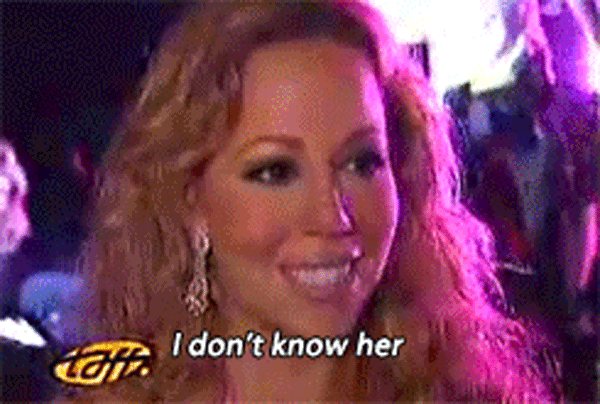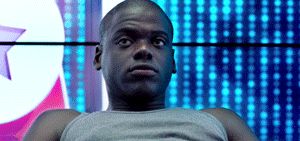Check Your "I Don't Know" Privilege
The perfect thing for the Trump age is bragging about your ignorance.

It used to be that the assholes on Twitter were the ones who showed you how much more they knew than you by just quoting a sentence or paragraph but not identifying the source. Exclusion by proxy: everyone who’s in the know already knows. Well, times have changed, and social media has inundated us with feeds to keep up with, and just like college students cramming before a final, the thing now is to perform a sort of Zen with that overwhelmed-ness, an existential reconciliation with the unknowability of the universe, or even a desire to go back into the cave of ignorance. The old not knowing was extra knowing. The new knowing is not knowing, and letting everyone know about it.
It’s sort of like the Last Man game, where players try to go as long as possible without finding out the results of the Super Bowl, but for What People Are Talking About Today On The Internet. It’s a point of pride, a half-nihilist, lol-nothing-matters way of looking at the internet, wherein everything is just one outrage cycle after another and it will all blow over eventually and if something’s really important, you figure, it will make its way to you through all the noise.
It sort of feels good to abstain from participating in the cascade for a day, having missed an entire meme cycle, doesn’t it? Like going on vacation and coming back and just deciding to declare meme bankruptcy? You missed a week, but there will always be more memes. So why then, do you feel the need to gloat about what you missed? Are you bragging about the vacation, or what you know you took the vacation from?
The reaction once you realize you can’t continue to willfully ignore a certain subject is always something like, “ugh am I finally going to have to learn what that is.” Like for example, I didn’t find out who Tom Holland was until 3:09pm EDT on Monday. That morning, I saw tons of what I would call “entertainment” people tweeting about him, and by the afternoon the name had hung around so long that I eventually clicked on a video of him performing Rihanna’s “Umbrella” on “Lip Sync Battle” when it showed up in my Twitter feed. Every meme or news item has its watershed moment, beyond which most reasonable people can’t ignore it—this is what Facebook algorithms were designed for. That said, I still don’t know the story behind Pepe the Frog and you can’t make me.
Watching people tweet or debate on Facebook about something you haven’t the foggiest idea about is kind of wild. It’s when you move past that feeling of FOMO that you feel a sort of ecstatic release. What is the purpose of knowing anything for a short period of time, only to have it replaced by some other fact or news item ten minutes later? If for some reason, you miss the big press release about the Starbucks unicorn frappuccino, you can sort of put it together from context clues. New drink: blue, pink.
Outwardly it does seem like a kind of silly thing, like the Dove bottle fiasco (haha remember), that you could just choose to not pay attention to, with a little backhanded flick-wave that Daniel Kaluuya makes to shoo away an ad in one of my favorite episodes of “Black Mirror”:

But it’s a form of privilege, not having to know things. And one of the most insidious parts of it is the vast privilege that is even entailed in knowing what you’re not going to know. You only know after you stumble across the thing, choose not to engage with it, and then you know.
That said, there is a relief in learning about something later, comprehensively and on your own terms, and feeling thankful that you didn’t know it in a time and space when everyone was being super annoying about it on Twitter. A colleague of mine learned about the Kendall Jenner Pepsi thing a week later, but by that time it had blown over. Not really a big deal. How nice for him.
Sometimes we cultivate these gaps in our knowledge, almost as an affectation, which feels a little unfair. The New Yorker critic Emily Nussbaum has famously said she’s never seen The Godfather. These lacunae used to be sources of trendy humiliation and shame, but now we’ve come to a point that our “book guilt” and “late passes” are so normalized that we celebrate them, and hold them up like badges.
The Literary Critic’s Shelf of Shame
We used to consume culture and then immediately perform that consumption as a proxy for a relevance and coolness. It was also conveniently a way of employing our liberal arts degree to think critically about the world around us. Now, in the age of Trump, flouting your ignorance is a way of displaying your power. Look how much I can get away with without having done the reading!
But it’s also reasonable—not everyone can see every movie, TV show, play, whatever. Everything is kind of a choice, right? So then why are we bragging about our choices to abstain? Can’t you just choose and shut up? The answer of course is no, none of us can ever stop finding a way to one-up each other, so long as we have a space to do so.
